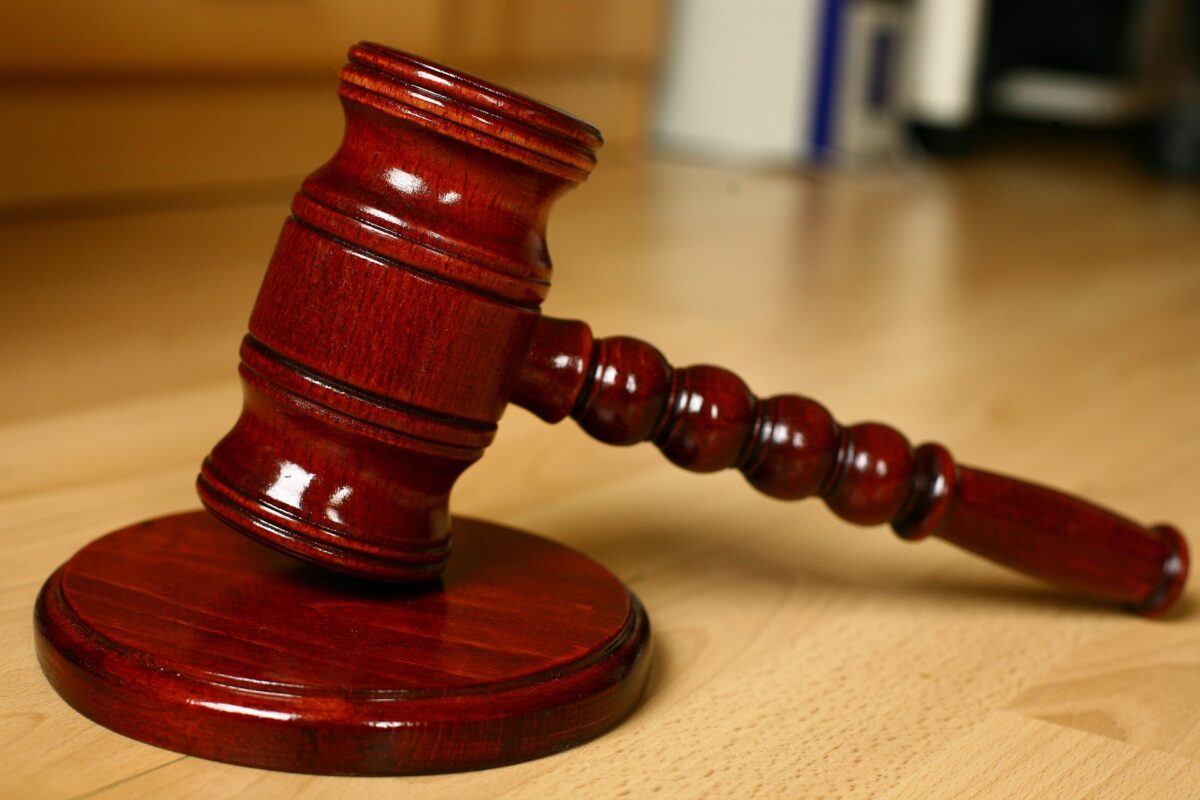
Four Highland chambers of commerce have united to voice strong opposition to the proposed introduction of a regional “tourist tax” scheme in current form. In a joint statement, Cairngorm Business Partnership, Caithness Chamber, Inverness Chamber and Lochaber Chamber of Commerce said they shared the “deep concerns” expressed by the Scottish Tourism Alliance (STA) regarding the introduction of a visitor levy. The Highland Council is proposing a visitor levy of 5 per cent on overnight accommodation in the area, applicable all-year-round.
A 12-week public consultation on the proposal is underway and will close on Friday, February 7 next year. The statement on behalf of the four chambers of commerce states: “Collectively, we believe that implementing a visitor levy at this time would have significant negative consequences for tourism in the Highlands, which is already facing numerous challenges.” Areas of concern were listed as: economic impact, administrative burden, funding uncertainty, competitive disadvantage, inadequate consultation and operating costs.

The statement reads: “The current economic climate is fragile. A visitor levy would further increase the cost of tourism, potentially deterring visitors and harming businesses that rely on tourism for their livelihoods. “The proposed percentage-based charging model is complex and costly to administer for businesses.
A simpler, fixed-fee model would be more manageable and equitable. “There is a lack of clarity on how the revenue generated from the levy will be used. We urge that funds be specifically and transparently allocated to enhancing the visitor experience and supporting sustainable tourism development in the Highlands.
“The Highlands already face challenges in attracting visitors due to factors like travel costs and remoteness. A visitor levy would further increase the cost of visiting the region, making us less competitive compared to other destinations. “Many businesses and residents in the Highlands remain unaware of the implications of the visitor levy (for example that Highland residents will pay the levy if staying in accommodation for business or a hospital appointment) and have not been adequately consulted on its potential impact.
“With the UK’s VAT rate among the highest in Europe, applying VAT to this levy effectively creates a double tax, driving up prices for consumers. “For numerous small businesses, this added burden could push them over the VAT threshold, forcing them to take on unsustainable financial and administrative pressures. This scenario risks leading to business closures or shorter operating seasons, further weakening the sector’s stability.
” The group have tabled five demands to the Scottish Government and Highland Council: 1. Pause and Review: Take time to carefully consider the potential impacts of a visitor levy on the Highland economy and tourism sector; 2. Re-evaluate the Charging Model: Explore a simpler, fixed-fee model that is more manageable for businesses and less burdensome for visitors; 3.
Ensure Transparent Funding: Guarantee that the revenue generated from the levy will be used to directly benefit the Highland tourism industry and support sustainable tourism development equally across the region; 4. The Highland Council needs to confirm how many staff it will need to employ to administer the scheme and how much the employer costs will be including full salary, on-costs, office costs, IT costs etc. Furthermore, the council needs to appoint an industry led forum to lead on decision making for the levy; 5.
Conduct Thorough Consultation: Engage in meaningful balanced consultation with businesses and communities across the Highlands to understand their concerns and ensure their voices are heard. The statement adds: “The Highland tourism industry is vital to the region's economy and provides significant employment opportunities. We understand that change is needed for the tourism industry and are very happy to explore all options with relevant stakeholders.
“We believe that a well-considered and carefully implemented approach to tourism development is crucial for the long-term success of the Highlands. “Therefore, we urge caution and a thorough review of the proposed visitor levy before any decisions are made. Collectively, as the largest tourism business member organisation in the Highlands, we would urge Highland Council to open meaningful dialogue before proceeding.
” The statement was issued on behalf of the Highland Chambers of Commerce by: • Trudy Morris, CEO, Caithness Chamber of Commerce • Craig Mills, CEO, Cairngorm Business Partnership • Colin Marr, CEO, Inverness Chamber of Commerce • Frazer Coupland, CEO, Lochaber Chamber of Commerce.











